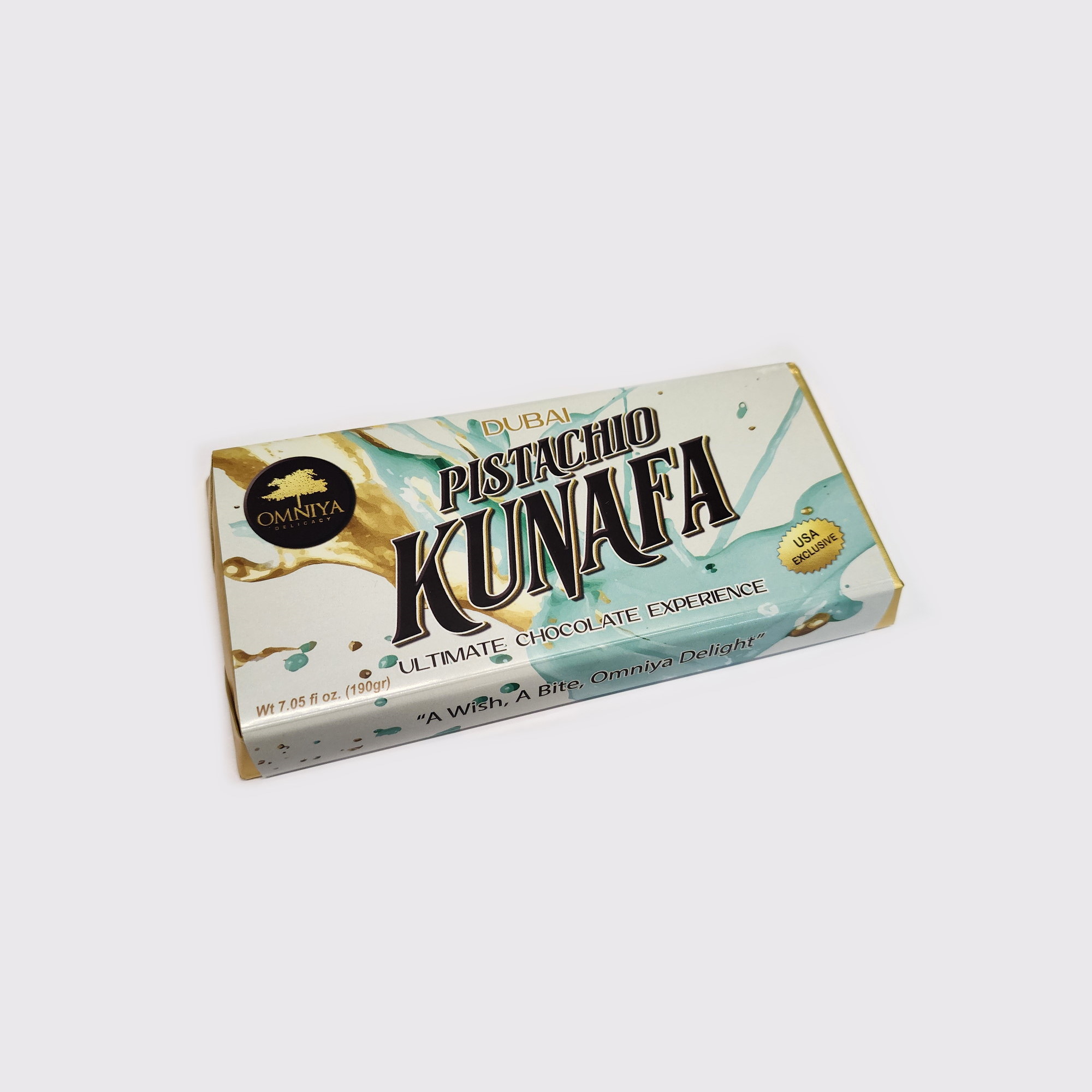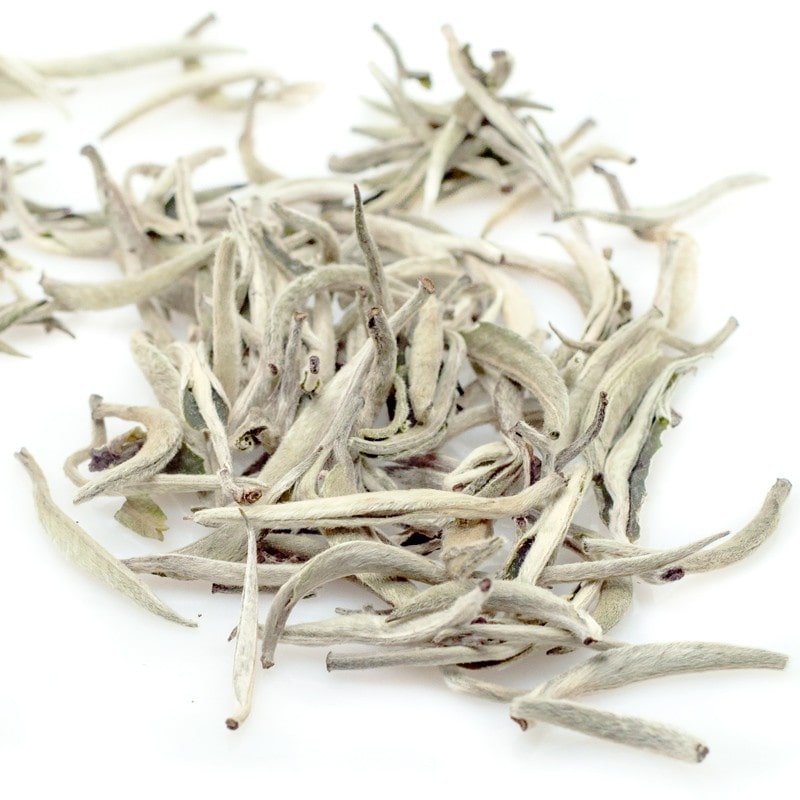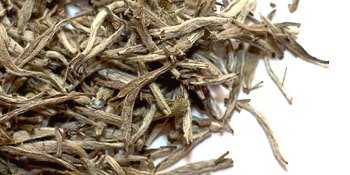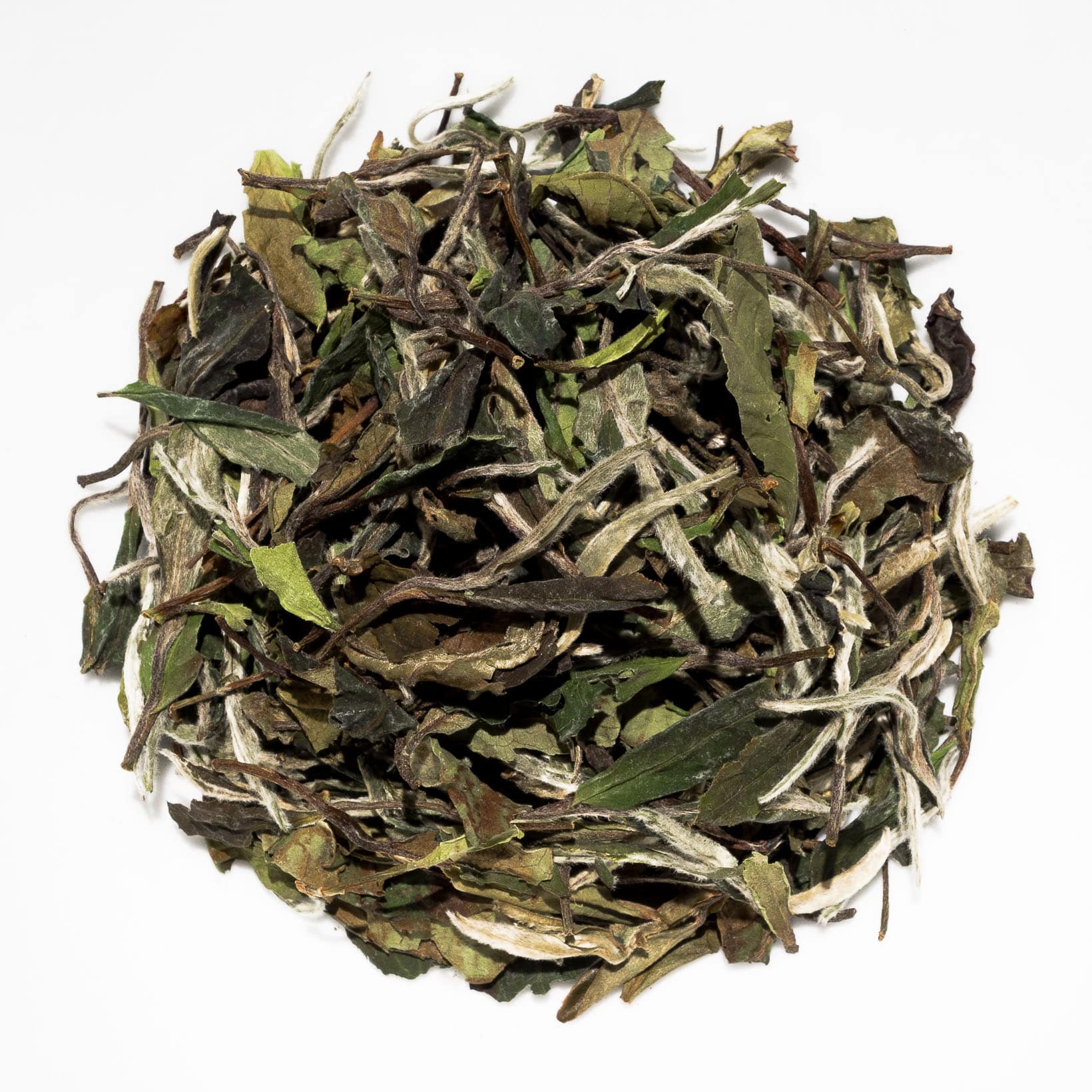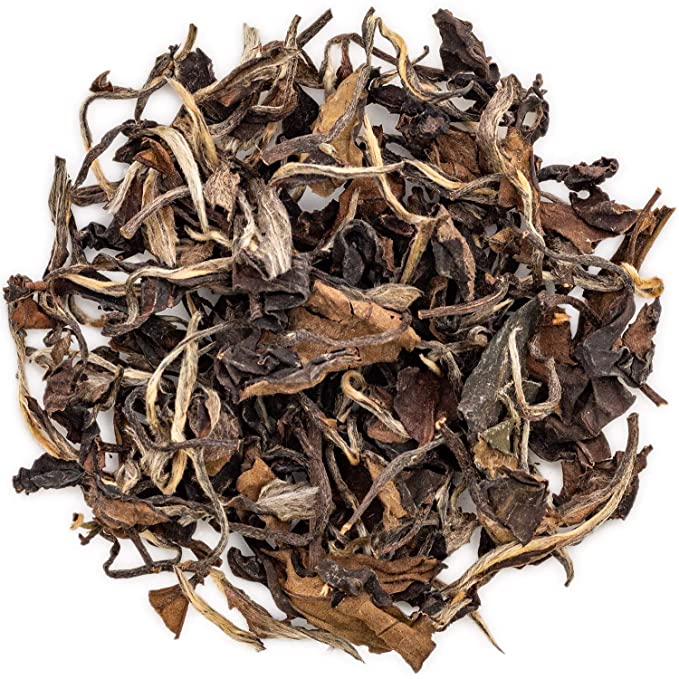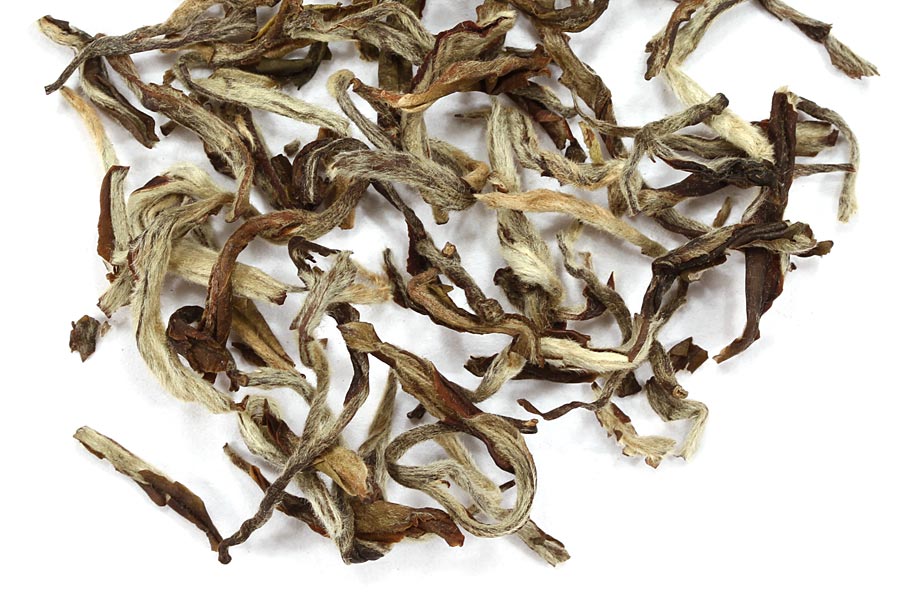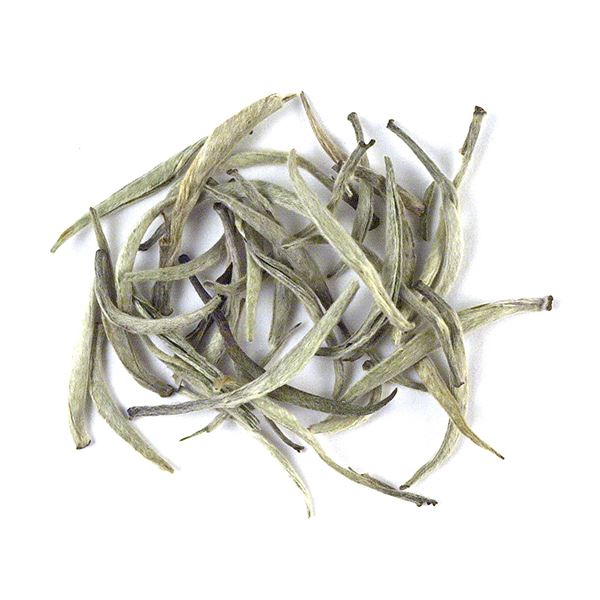Pairing Chocolate and White Tea
How to Pair White Tea and Chocolate
White tea is one of the most delicate teas to work with, as it is harvested before the plant’s leaves are fully open. Thus, the growing season is shorter, resulting in a higher product cost for consumers. White tea is also minimally processed, meaning it is not oxidized nor rolled, and great care is taken to balance both the heat and moisture the leaves receive. Post brew, white tea carries a fresh, lighter flavor and is yellow in color. The “White” name comes from the white hairs that cover the yound leaves of the plant while in harvest.
The “True White Teas” are made from the Da Bai variety of the Camellia Sinensis plant, and include four “true” varieties. There is another group of white tea, although as it uses a different varietals of leaves, some experts do not classify them as true white tea.
Silver Needle (Bai Hao Yinzhen) White Tea
Silver Needle White Tea, or Bai Hao Yinzhen, is considered the “gold standard” of white teas. Typically grown in the Fujian province of China, it also is cultivated in Yunnan Province and few other countries around the world. Silver Needle yields a light, sweet flavor, boasted by tea connoisseurs across the globe. The variety is golden in color once brewed, and provides a woodsy, rich, full aroma.
Tribute Eyebrow (Gong Mei) White Tea
Tribute Eyebrow, or Gong Mei White Tea is primarily grown in the provinces of Guangxi & Fujian, also classified as the third highest grade of white tea available. Harvested later in the season than Silver Needle, it boasts a strong, almost fruity flavor, similar to Oolong blends.
White Peony (Bai Mu Dan)
White Peony, or Bai Mu Dan, is made using a combination of young tea leaves along with buds. As a rule of thumb, only the top two leaves of each plant shoot are utilized in this brew, and generally has a strong & rich flavor. The full body and floral hints emphasize the delicate nature of the tea, and when brewed, the tea is more pale in color yielding a slightly nutty aroma with a longer finish.
Long Life Eyebrow (Shou Mei) White Tea
Long Life Eyebrow, or Shou Mei White Tea is primarily produced in the Guangxi & Fujian provinces of China, crafted from the remaining, lower-quality leaves from the Silver Needle & White Peony harvests. As it is harvested later in the season, the brewed aroma is stronger and darked in color, typically golden yellow.
Darjeeling White Tea
Darjeeling White Tea is not considerd a “true” white tea; it grows in the Darjeeling region of India, famous for producing black teas. The tea leaves are fluffy in appearance and produce an airy aroma and flavor. When brewed, Darjeeling White permits a pale gold color, which a sweet, mellow flavor.
Ceylon White Tea
Ceylon White Tea also is not a “true” white tea; it hails from Sri Lanka, and utilizes only the longest, finest silver tea buds. The resulting brewed flavor is light and fruity, often omitting tones of honey.

